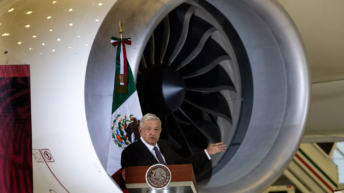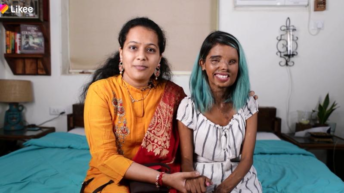Don Palathara, the acclaimed Malayalam filmmaker, delves into the intricacies of his latest feature film, “Family,” currently being showcased at the International Film Festival of Kerala. In an exclusive conversation with Hindustan Times, he shares insights into the film’s conception, the amalgamation of horror elements, and the significance of film festivals in his filmmaking journey.
Family, part of the International Competition section at IFFK, unfolds within a close-knit Christian community, exploring the profound impact of secrets and whispers. The director provides a candid exploration of the film’s origins and the challenges of portraying a sensitive subject with subtlety.
Palathara admits that while his life experiences influenced the narrative, translating them into a structured story required significant effort. The film draws inspiration from familiar characters in his life, including family members and individuals from his past. The central theme, initially left unaddressed, found its way into the storyline unexpectedly, channeling Palathara’s anger into the film.

Asked about the genesis of the film’s idea, Palathara reveals that he did not foresee creating a film on this particular subject. The central theme, dealing with crucial questions surrounding religion and acceptance, demanded a nuanced treatment, challenging his preference for subtlety. The filmmaker emphasizes that the film’s unique approach evolved organically, resisting explicit displays while maintaining a profound impact.
Despite touching on grave issues, Palathara steered clear of preconceived genre considerations, asserting that he is not a genre filmmaker. The incorporation of horror elements in families arose from the perspective of a child encountering the most distressing scenario within a community. The horror, originating from a child’s viewpoint, gradually took shape during the filmmaking process, defying rigid genre classifications.
Addressing his filmmaking process, Palathara acknowledges extensive planning and preparation, emphasizing the gradual evolution of ideas. The filmmaker places trust in the creative process, allowing it to unfold organically until a spark of brilliance is discernible. Workshops were conducted to guide actors toward naturalistic performances, creating an authentic slice-of-life ambiance.

Reflecting on film festivals, Palathara emphasizes their role as a starting point rather than a final destination for films. He appreciates the intimate settings they provide, allowing a focused audience to engage with the film. However, he laments the contemporary trend where festivals are increasingly becoming a concluding platform due to challenges in distribution.
In conclusion, Palathara draws on an insightful interaction with Adoor Gopalakrishnan, highlighting the delicate balance between offbeat and mainstream. He cautions against the assimilation of offbeat content into the mainstream, underscoring the importance of film festivals as independent spaces that resist commercialization.





